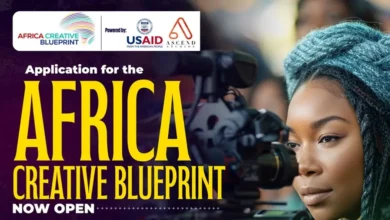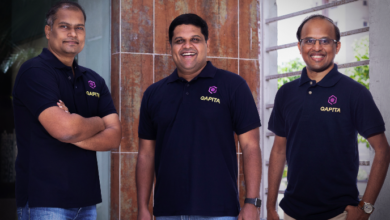US $2.4 M seed funding received by Umami Meats to scale its cultivated seafood business

Umami Meats, a Singapore-based farmed seafood firm, has received US $2.4 million in pre-seed investment.
This round was co-led by Better Bite Ventures, an APAC-focused alt protein VC, and Genedant, an early stage, deep-tech biomedical and agri-food company investor in Asia.
CULT Food Science, Impact Venture, Katapult Ocean, Plug & Play Ventures, Prithvi Ventures, The Yield Lab Asia Pacific, and Venture for America are among the other investors.
The funds will be used to enhance Umami Meats’ low-cost, scalable fish-cultivation method by creating robust and production-ready cell lines from a variety of fish species.
Umami Meats creates cultured seafood that is both nutritional and inexpensive. The company says that it’s produced, not-caught seafood has the same nutritional value as traditional seafood while also being devoid of heavy metals, antibiotics, and microplastics.
Mihir Pershad, Founder and CEO of Umami Meats, commented: “Seafood is a US $180 billion industry faced with growing global demand and supply that is increasingly volatile and under threat from climate change, overfishing, and ocean pollutants.”
“Our investors’ commitment to a safer, healthier, and more sustainable food system, combined with deep industry knowledge in agri-food and alternative proteins, will be a valuable resource in establishing cultivated seafood as a viable, sustainable solution to the growing demand for seafood while reducing pressures on ocean ecosystems,” he added.
Shiok Meats is the other player in the grown seafood business in Singapore. Its goods, however, differ somewhat from those of Umami Meats. Shiok Meats, which was founded in 2018, has a host of investors on board, including Aqua-Spark, SEEDS Capital, Real Tech Fund (Japan), and Irongrey. In 2020, it received its most recent investment (a US $12.6 million Series A round-headed by Aqua-Spark).
“We are working on finfish, compared to Shiok Meats’ focus on crustaceans. Our USP is that we provide healthier seafood that is free from mercury, micro-plastics, and antibiotics while also providing a sustainable alternative for species that are IUCN-listed (i.e., endangered) and difficult to domesticate (farm),” said Pershad.





